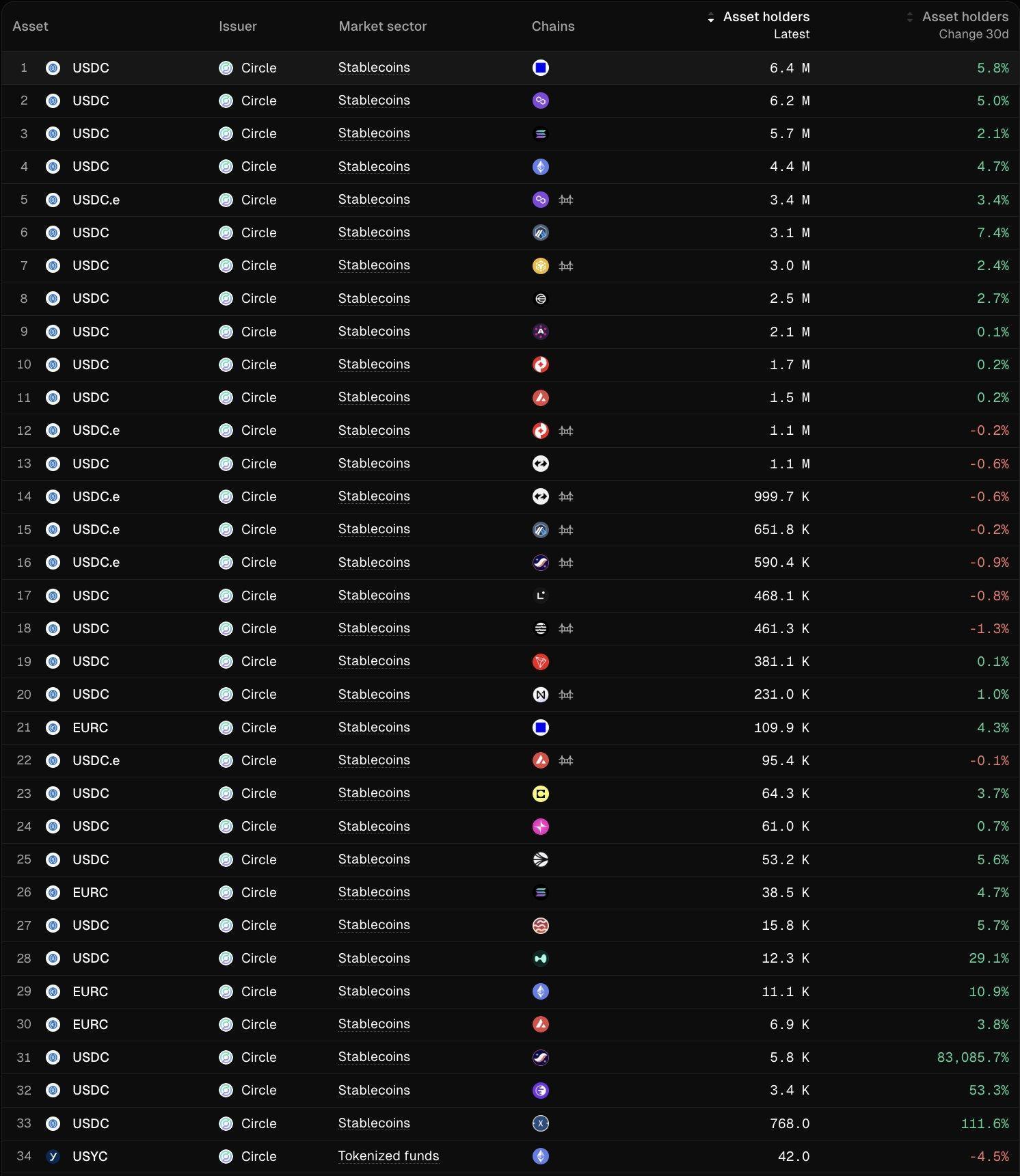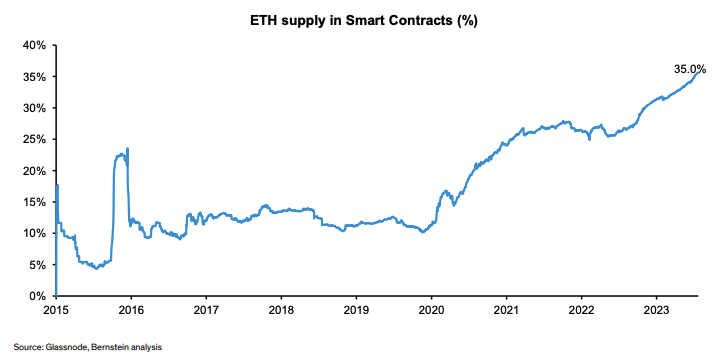Coinbase Cut to Underweight Ahead of Earnings by Barclays
The bank said it sees few positive drivers for the crypto exchange’s share price in the near term.

Barclays (BCS) is revising its Coinbase (COIN) estimates ahead of earnings and downgrading the stock to underweight from equal weight, the bank said in a research report Thursday.
Still, the bank raised its price target for the crypto exchange’s stock to $70 from $61. Coinbase shares were quoted 1.4% lower at $84.79 in premarket trading at the time of publication.
Coinbase, which reports after the close on Aug. 8, has surprised to the upside on revenue and costs in recent quarters, but with volumes and USD Coin (USDC) market cap depressed, a regulatory crackdown and a powerful recent run-up in the share price, the bank sees few positive near-term drivers.
“While we continue to believe Coinbase is a likely long-term winner in the broader crypto ecosystem, fundamentals remain challenged, and recent relief from price actions, increasing rates, and cost rationalization likely have little further to run,” analysts led by Benjamin Budish wrote.
June exchange volumes were “modestly improved” from May, but overall second-quarter volumes were materially worse than in the first quarter, and July metrics are also trending lower month-on-month, the report said.
Barclays notes that while Coinbase shares have appreciated meaningfully following news of a spot bitcoin (BTC) exchange-traded-fund (ETF) application, for which Coinbase is expected to be custodian and prime broker, it “does not think this accurately reflects the potential eventual PL impact that could accrue to Coinbase.”
Edited by Sheldon Reback.
Disclaimer: The content of this article solely reflects the author's opinion and does not represent the platform in any capacity. This article is not intended to serve as a reference for making investment decisions.
You may also like
Here’s how Euro stablecoins hit $1B despite weak hype

Prospect of spot ETFs not behind ether’s break above $3,000: Bernstein

Yuga Labs protects NFT royalties ahead of Magic Eden's Ethereum marketplace launch
Crypto Market Surge – Canton Network Lands First in Top Gainers at Close to 40% Gain
